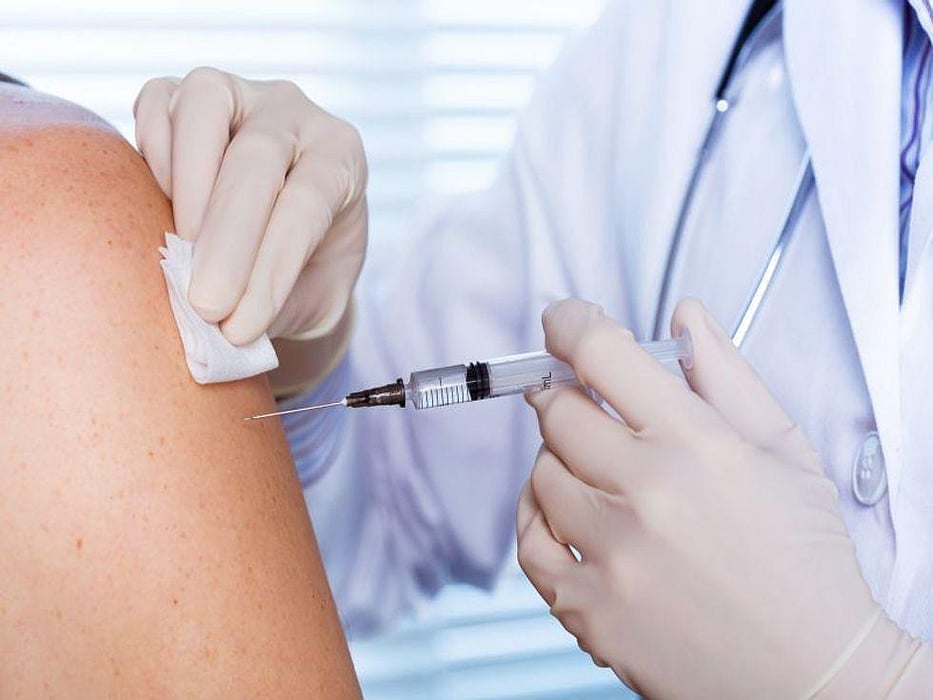Neutralization Titers Against Omicron Up With mRNA-1273 Boost

FRIDAY, Jan. 28, 2022 (HealthDay News) -- Neutralization titers against the omicron variant are lower than those against the D614G variant following the primary two-dose series of the mRNA-1273 vaccine, but a booster dose of mRNA-1273 vaccine substantially increases them, according to a letter to the editor published online Jan. 26 in the New England Journal of Medicine.
Roland Pajon, Ph.D., from Moderna in Cambridge, Massachusetts, and colleagues assessed omicron neutralization by serum samples obtained from participants who had received the primary two-dose regimen of the mRNA-1273 vaccine and who had been randomly selected to receive one booster dose of the mRNA-1273 vaccine. The neutralizing activity of the samples also was assessed against the prototypical D614G variant.
The researchers found that one month after the second dose, the primary two-dose regimen of the mRNA vaccine elicited detectable neutralizing antibodies against the omicron variant in 85 percent of participants. Compared with that against the D614G variant, the 50 percent inhibitory dilution (ID50) geometric mean titer was 35.0 times lower. Seven months after the second dose, only 55 percent of participants exhibited neutralizing antibodies against the omicron variant, and the ID50 geometric mean titers were 8.4 times lower. A 50-µg mRNA-1273 vaccine booster dose was associated with 20.0 times higher ID50 geometric mean titers against the omicron variant compared with those assessed one month after the second vaccination; compared with those against the D614G variant, these titers were 2.9 times lower. At six months after the booster dose, neutralization titers against the omicron variant were 6.3 times lower than the peak titers assessed one month after the booster; however, in all participants, titers remained detectable.
"The drop in antibodies for the booster is very similar to the drop in antibodies to the delta variant that was noted six months after the second dose of the vaccine," a coauthor said in a statement.
The study was funded by Moderna; several authors disclosed financial ties to pharmaceutical companies, including Moderna.
Related Posts
Factors Identified for Readmission Among Children With ARDS
THURSDAY, Sept. 14, 2023 (HealthDay News) -- Among hospitalized children with...
Lotion, Cream, Gel, and Ointment Similarly Effective for Childhood Eczema
THURSDAY, June 2, 2022 (HealthDay News) -- There are no differences in...
More Cancer Patients Got Palliative Care After Obamacare
THURSDAY, July 6, 2023 (HealthDay News) -- New research finds that Medicaid...
Medicines and Sex: Drugs That May Cause Sexual Side Effects
When a doctor tells you that you need a certain medication, you should take...
